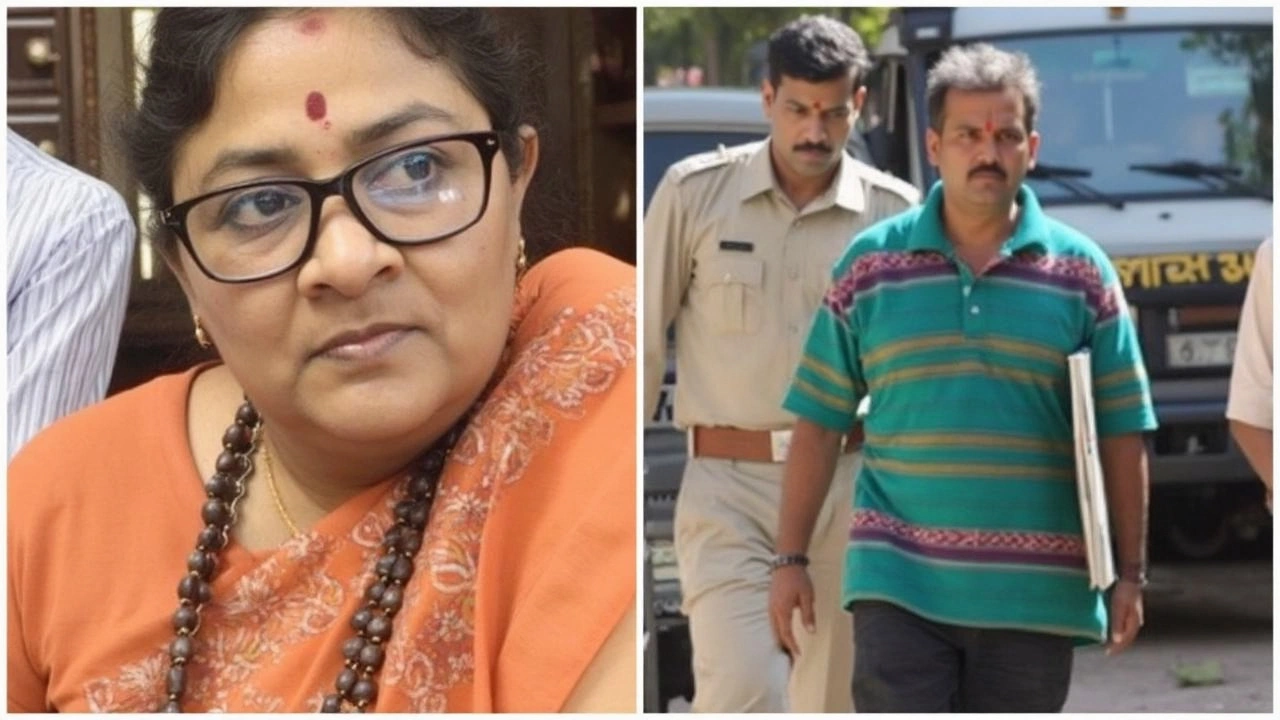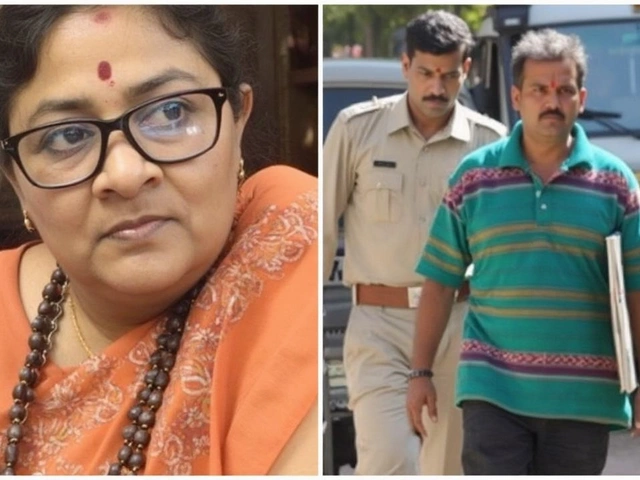Malegaon Blast Case: All Accused Walk Free After 17-Year Legal Battle

Malegaon Blast: Seventeen Years, Lives Changed, and a Divisive Debate
Back in September 2008, Malegaon was in shock. A bomb had gone off near Bhikku Chowk during Ramzan, killing six innocent people and leaving more than a hundred wounded. What happened next set off one of India’s most politically and socially charged investigations. Suddenly, the town's everyday worries gave way to police barricades, media vans, and talk of terrorism that would linger for nearly two decades.
The Maharashtra Anti-Terrorism Squad (ATS), led by Hemant Karkare, took charge of the investigation. Their probe pointed fingers at people linked to Hindu right-wing groups—a first in Indian terror investigations, making headlines across the country. The spotlight quickly landed on Sadhvi Pragya Thakur, accused of providing the Malegaon blast motorcycle, and Lt. Col. Prasad Purohit, charged with conspiracy. Both were well-known in their circles and their arrests escalated the national conversation around terrorism, religion, and politics.
Legal Hurdles, Political Tension, and Final Acquittal
The term 'Hindu terror' soon hit the headlines, sparking fierce arguments both inside and outside Parliament. As heated debates broke out, the case was handed over to the National Investigation Agency (NIA) in 2011. The central agency combed through thousands of pages of evidence, endless statements, and several rounds of cross-examination. Friends and families of the accused faced years of limbo. Victims and survivors waited, hoping the justice system would bring closure.
The trial dragged on, with the accused facing serious charges—murder, conspiracy, and offenses under the Unlawful Activities (Prevention) Act and Indian Penal Code. Year after year, the courtrooms filled with lawyers clashing over conflicting reports and changing witness statements. Some key witnesses recanted, adding mystery and raising questions about the reliability of the prosecution’s case. Despite the overwhelming tragedy of that day in 2008, the evidence never fully connected the accused to the crime in a way that stood up to judicial scrutiny.
- In 2016, the NIA dropped key charges against Sadhvi Pragya, citing lack of evidence.
- Lt. Col. Purohit spent over nine years in jail before finally getting bail in 2017.
- Families of the accused and victims spent years going in and out of courtrooms without answers.
Finally, on July 31, 2025, the special NIA court acquitted all seven accused, including Sadhvi Pragya and Lt. Col. Purohit. The judge said there was not enough evidence for conviction, so he gave them the benefit of doubt. After 17 years filled with legal twists, shifting stories, and national controversy, the Malegaon blast case has ended in the acquittal of all accused—leaving people to sift through the remains of a story that shaped India’s debate on terror and justice for a generation.
